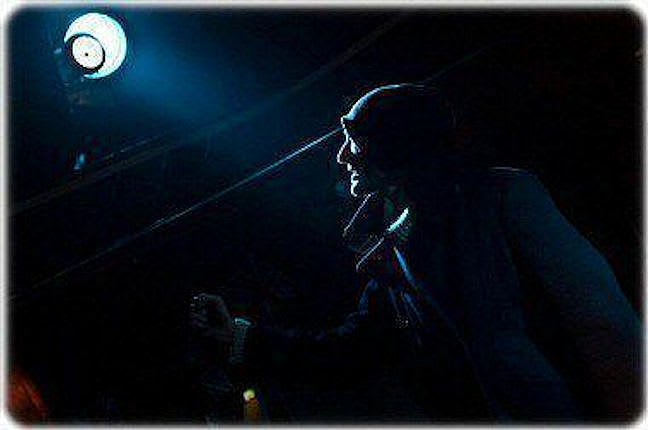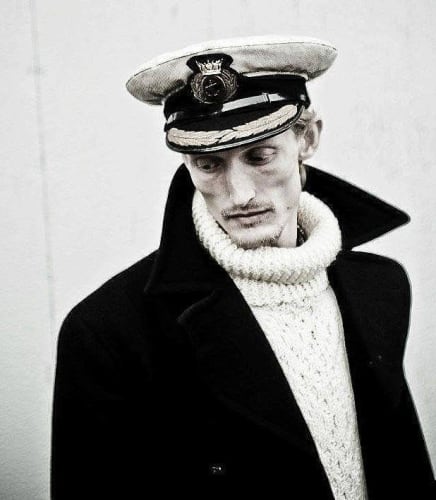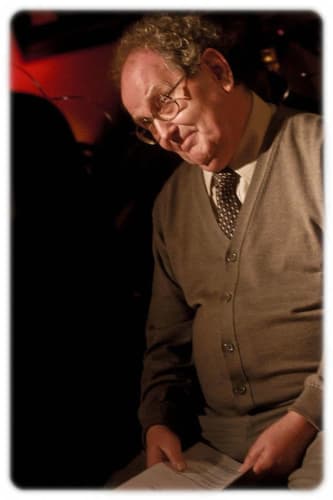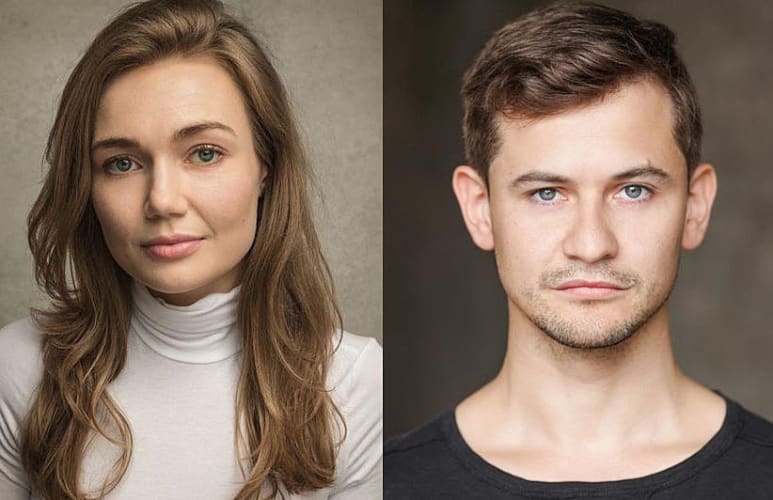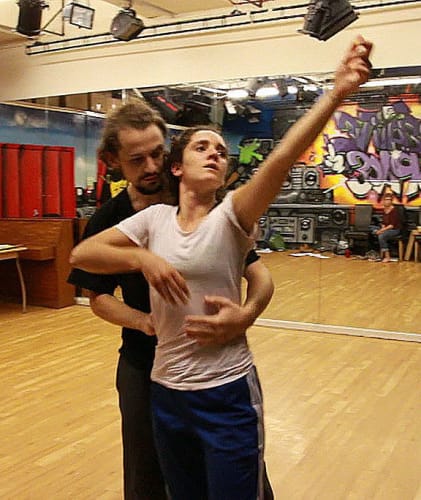"Arctic Convoy"
After To Wit: To Woo in 2011, Jess Johnson and I collaborated on another piece, Arctic Convoy. She’d come across a long narrative poem of that title by Kenneth Greenwell, a merchant seaman (actually, a stoker), who served on convoys from Britain to North Russia in World War II and who wrote the poem on one of those voyages, the voyage in which, sailing back to the UK, the ship was attacked by a U-boat and sank with the loss of all hands.
Jess asked me to do what was essentially a dramaturgy job on it, to select those parts which would work effectively and dramatically on stage and leave out those which wouldn’t.
It was the first time I’d ever done any dramaturgy. I’d edited Shakespeare plays in the past. Most directors do—have you ever sat through an uncut Hamlet? I have and it was tiring, as well as being very hard on my bum as the seats in this particular theatre (no names, no pack-drill but it was south of the Thames) at that time were bloody uncomfortable! Audiences at The Globe in Shakespeare’s time must have been harder than us softies nowadays.
But then they could move around, buy and eat pies, drink ale, shout at the players and even pick up the odd prostitute—and it was not unknown for such ladies to service their clients in the theatre!
Anyway, that’s irrelevant. I had done a fair amount of cutting in The Tempest and a wee bit in Romeo and Juliet but this was new, converting one art form to another but without changing a word. The language was a bit overblown at times and there was a fair amount of 'poetic' descriptive writing which seemed to me to be at odds with the often frantic and frequently scary action, especially as this was to be a one-man show. Had we had two voices, one the protagonist and the other a kind of commentator on the action, it might well have been possible to leave in more of the descriptive/poetic parts, so I concentrated on the action.
Happily, Jess liked what I did.
That was to have been the extent of my involvement as Jess was going to direct, but then she decided she wanted to concentrate on the sound effects (of which there were to be—and needed to be—many) and the lighting, so would I take over the direction?
I was perfectly happy to do so, particularly since she had already cast Robbie Lee Hurst as the protagonist and I knew how great he is to work with.
But I also ended up on stage! It was a short piece so Jess, working with singer Claire Kelly, created a scene to precede the 'main event', a recreation of a night out in a wartime pub with landlady Claire singing songs of the period and the audience joining in and some of the pub regulars (me, for example) reading poems of the period.
Incidentally, one of the other readers was a young actor just setting out on his theatre career in his first professional appearance. He was Bob Nicholson, now one half of the best children’s theatre company in the region, Kitchen Zoo.
We played at the Jazz Café in Pink Lane where Jess ran the Pink Lane Poetry and Performance evenings which had a big, enthusiastic following. There it was seen by a friend of Jess, Bertie Forster, who suggested that it would go down well in the Low Lights Tavern, the oldest pub in North Shields, situated on the Fish Quay.
It was his local and he made all the arrangements, so we played in a tiny room (it even had a coal fire) into which we could just squeeze the play and an audience of fewer than 40 people. But what a brilliant venue it is! They’d had music gigs in the room but this was the first time for theatre, and it proved so popular that it has become a regular venue, especially for Coast-based theatre company Cloud Nine.
And KG Productions were to go back there a few years later.
